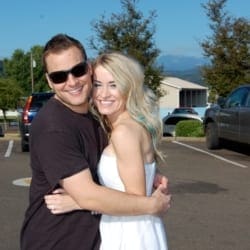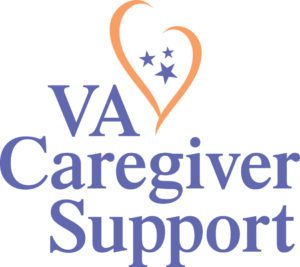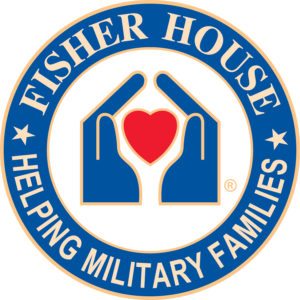I wish my husband was healthy but we’ve grown so close as a couple and we know we can conquer anything despite all the challenges we’ve faced together.
How has your life changed since you became a caregiver? What sacrifices have you had to make?
Everything changed. I had to quit working and couldn’t finish my degree. I go to the kids’ activities by myself because it’s just too much for my husband. Oftentimes, I look like a single parent to the outside world. Most people don’t understand our situation so it’s always an awkward conversation explaining why neither my husband or I work outside the home. Since it’s hard to get out and follow through on plans, our social circle has shrunk quite a bit, but those who have stuck around are truly amazing, supportive friends.
At what moment did you realize you were a military caregiver?
I didn’t realize I was a caregiver until I talked to the Portland VA Caregiver Support Coordinator. I was just doing what any wife would by taking care of my husband and hoped he would get better soon. She was the first person who truly understood what we were facing and could actually help. I didn’t understand the impact being a caregiver was having on me until I began learning how to take care of myself, as well as my husband and children.
What does being a military or veteran caregiver mean to you?
It means long days and nights. 24/7 care. It means worrying, being tired, and unsure of what the future holds. It means giving up a lot of “normal” life to be a part of something bigger. I wish my husband was healthy but we’ve grown so close as a couple and we know we can conquer anything despite all the challenges we’ve faced together.

My Story
Anne Adkinson and her husband, Dave, were newlyweds when the symptoms of his service-connected illness, contracted in 2003 while serving as a Marine in Iraq, began to worsen. In addition to suffering from post traumatic stress disorder (PTSD) and memory loss, Dave’s neurological issues caused episodes of full body paralysis that began to occur more frequently and last longer, reaching the point where he could no longer work.
When Dave left his job, Anne took over as the sole breadwinner, working nights while Dave and her young children slept. In survival mode, she squeezed in naps during the day in between caring for Dave and the household responsibilities, and eventually gave up finishing her college degree to support her family.
Due to his sudden paralysis episodes, Anne needs to monitor Dave constantly. She and their kids call these episodes ‘getting stuck,’ and they have precipitated Dave’s many falls. When he first gets stuck, Anne makes sure Dave is in a comfortable position and his airway is clear. He is conscious during the episodes, but he cannot speak. He can answer yes or no questions with “uh-huh” and “uh-uh,” so Anne asks him questions about what he feels and might need.
Anne also sees herself as an important advocate for her husband’s care. Stress exacerbates Dave’s paralysis. In one instance, Dave started to become paralyzed during a benefits assessment while the doctor was asking him questions, and the doctor interpreted Dave’s behavior as lack of cooperation. Anne requested that the doctor read Dave’s chart. Once he realized why Dave wasn’t speaking, he apologized and thanked Anne for speaking up about Dave’s condition, calling her Dave’s Florence Nightingale.
While Anne felt fortunate to have supportive parents and close friends for encouragement, not everyone understood or accepted the challenges she was facing. She hadn’t really considered herself a caregiver because she was doing what any wife would do for her husband. It wasn’t until several years after Anne started caring for Dave that she finally found the VA Caregiver Support Program. She didn’t know that there were resources to help make her a better caregiver for her husband and herself.
With these newfound resources, she has been able to look beyond her role as a caregiver and find herself again. With this freedom, she has developed a passion for fitness that has helped her feel strong and empowered.










